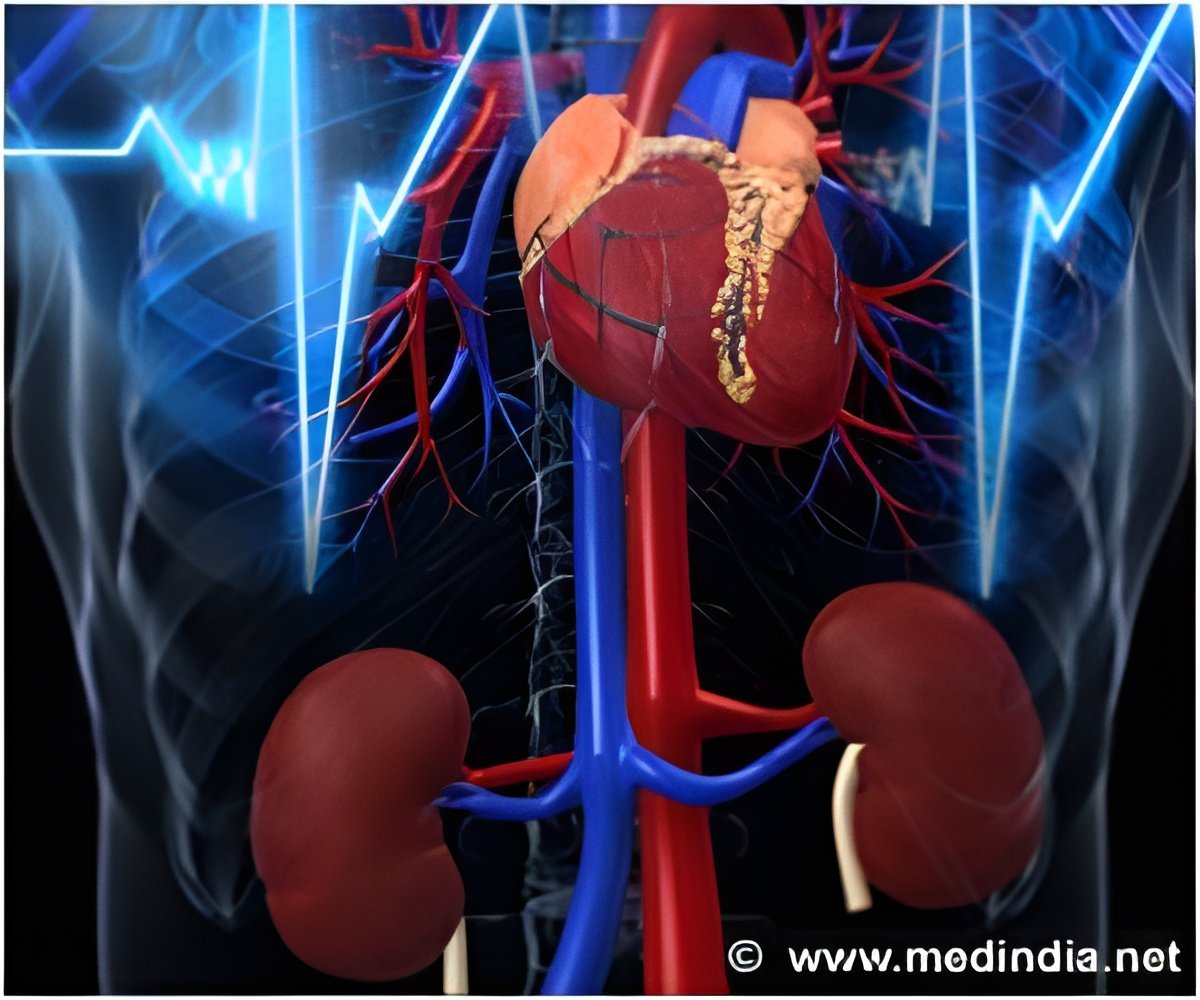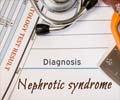There is a reduced risk of cancer in patients suffering from certain forms of kidney disease, a new study has found

James B. Wetmore, MD, MS (University of Kansas Medical Center) and his colleagues conducted the first study to examine cancer risk in kidney transplant recipients with PKD and to compare their risk to that of other kidney transplant recipients.
The team analyzed data from the National Cancer Institute’s Transplant Cancer Match Study, which contains information on all solid organ transplant recipients in the United States, as well as data from 15 population-based US cancer registries. For PKD recipients, the investigators compared overall cancer risk to that in the general population. They also compared cancer incidence in PKD vs non-PKD kidney transplant recipients. The analysis included 10,166 kidney transplant recipients with PKD and 107,339 without.
After adjusting for demographic differences between kidney recipients with PKD and other recipients, PKD patients were 16% less likely to develop cancer than others who received a kidney transplant. Compared with the general population, overall cancer risk was increased 48% in PKD recipients, while the overall cancer risk in non-PKD recipients was increased 86%.
The findings indicate that PKD patients who received transplants do not have a higher risk of cancer than other kidney recipients. In fact, their cancer risk may be lower. "The reason for the decreased risk is uncertain, but some factor or factors in PKD patients-either inherent in the disease process itself or related to the care PKD patients receive-is associated with lower risks of cancers," said Dr. Wetmore. "Further study is required to determine how PKD might influence the development of cancer."
Dr. Wetmore speculated that PKD may induce certain anti-neoplastic defense mechanisms that guard against the subsequent development of cancer. Alternatively, it may be that PKD patients, who are frequently aware that they have a progressive medical condition and who therefore typically receive close medical care for many years or decades, engage in other healthy behaviors that prevent cancer.
Advertisement
Source-Newswise














